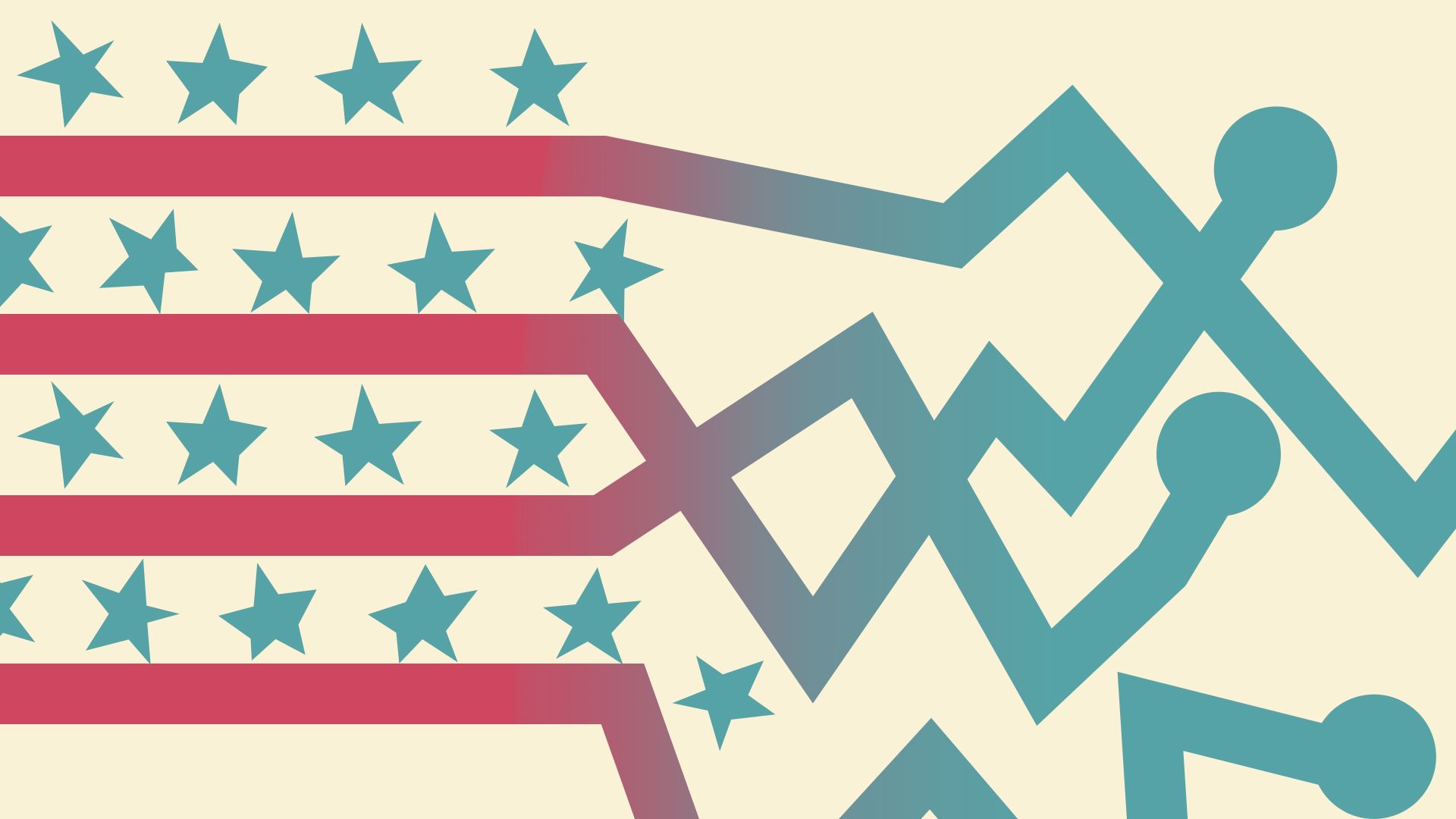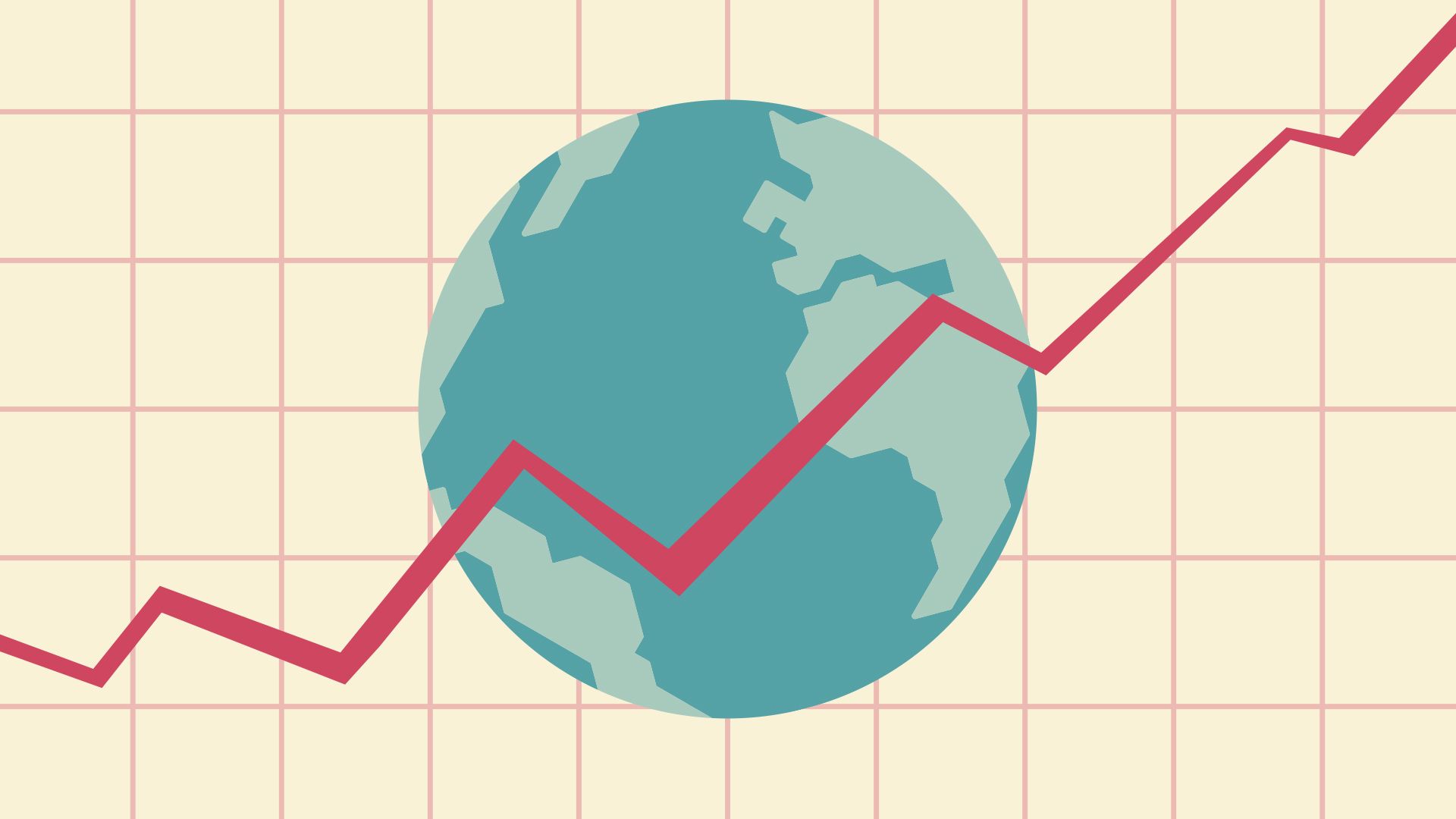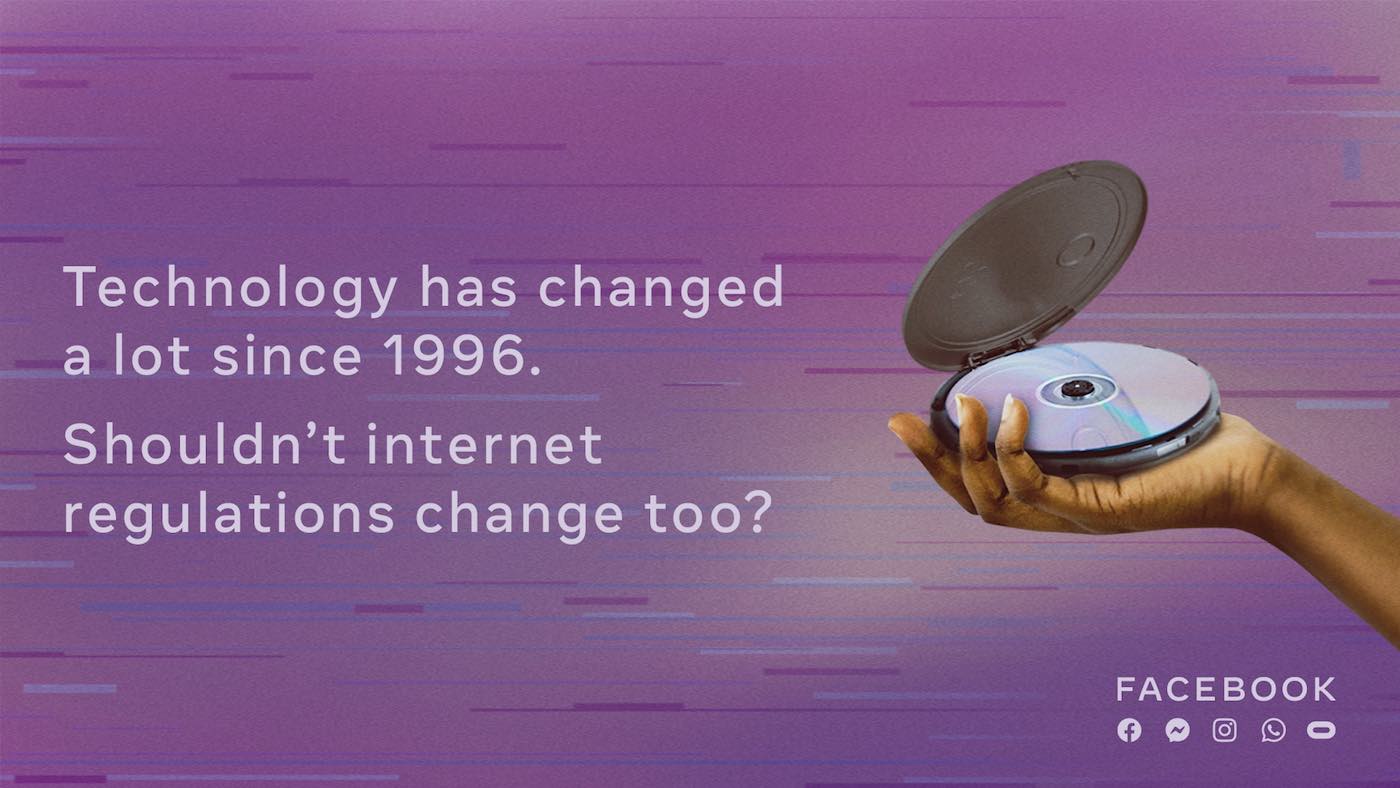| | | | | | | Presented By Facebook | | | | Axios AM | | By Mike Allen ·Apr 09, 2021 | | Good Friday morning, and welcome to a Megatrends Edition of Axios AM — a special look by our experts at tectonic plates that are moving before our eyes. - Smart Brevity™ count: 1,379 words ... 5 minutes.
⚡ Breaking ... Amazon union organizers are deflated, as vote in Alabama tilts against them. With nearly half the ballots counted, 1,100 warehouse workers had rejected the union; 463 voted in favor. (AP) | | | | | | 1 big thing: Biggest boom since 1946 |  | | | Illustration: Sarah Grillo/Axios | | | | America's financial titans are coming to a consensus: We are on the early edge of the biggest economic boom since World War II, with the promise of years of growth after the privation of the pandemic. - Why it matters: They might be wrong. But all point to the same data: This expansion will be kickstarted by trillions in spending from presidents Trump and Biden, the Fed's easy money, and piles of cash that consumers and companies accumulated during COVID shutdown.
This is a global phenomenon: Biden administration spending is having ripple effects around the world. Overseas bank accounts have also grown during COVID, Axios' Felix Salmon writes. - Governments' responses to the pandemic raised global GDP growth by a full six points, estimates the IMF, which found that "global growth contraction last year could have been three times worse than it was."
- Still, total output shrank so much — a stunning 3.3% — that there's now an unprecedented amount of slack in the global economy. In other words: The world has more potential upside than ever.
The biggest names in finance are making increasingly bullish projections. JPMorgan CEO Jamie Dimon said this week in his annual shareholder letter: "This boom could easily run into 2023 because all the spending could extend well into 2023." - Goldman Sachs has raised its U.S. growth projection for this year to 8%, which would be the biggest economic expansion in generations.
- In India, the growth rate will reach a torrid 12.5% this year.
The biggest risk to future growth remains the pandemic. The U.S. is far from herd immunity. Most of the world is further away still, with widespread vaccine access still a pipe dream for most poorer countries. - For now vaccine optimism is strong. But future outbreaks, lockdowns, and variants all have the potential to derail the boom.
Share this story. |     | | | | | | 2. Once-in-a-lifetime realignment |  | | | Illustration: Sarah Grillo/Axios | | | | We're about to be hit with a flood of coverage about the close of President Biden's first 100 days, coming up at the end of April. But we should be paying a lot more attention to the 100-year trends that are unfolding in this age of volatility and polarization. Doug Sosnik — senior adviser to the Brunswick Group, and political director for President Bill Clinton — tells me the digital disruption is a hinge moment in American history that's unlike any since the transition from the Agrarian Age to the Industrial Age in the late 1800s. - Sosnik, who translates big-think political analysis into colorful PowerPoint decks that are eagerly awaited by Washington insiders, gave Axios AM readers a sneak peek at a new presentation that isolates these massive trends:
- "At the same time that we are going through this economic transformation, we are approaching a tipping point in the next 20 years to becoming a multiracial society, with whites comprising less than 50% of our population."
- "During this period of transition, half of the country thinks that we are changing too fast while the other half believing that we are not changing fast enough."
- "[T]he current period of turmoil and chaos that began in the early 2000's will likely continue throughout this decade."
What's next: One arc of American history was the Big Government era that stretched from FDR in the 1930s to the end of the 1970s, when it petered out and Ronald Reagan roared in with a reset that included tax cuts and deregulation, Axios managing editor Scott Rosenberg points out. - Economics blogger Noah Smith calls President Biden "the end of the Age of Reagan."
As we scooped last month, Biden met secretly with a group of historians who bolstered his own idea that he could be the next FDR or LBJ — a reset president who leaves behind a transformed America. - Measured by expansion of government reach and spending, he is well on his way.
Go deeper: See Doug Sosnik's new deck. |     | | | | | | 3. CEO job now includes political activism |  | | | Illustration: Sarah Grillo/Axios | | | | America's CEOs need policies on the coming verdict in the Minneapolis police trial ... the human rights dimensions of next year's World Cup in Qatar and Winter Olympics in Beijing ... and voting-access bills — all different — moving through statehouses around the country. - Why it matters: As part of a generational change that has left many corporations on the defensive, CEOs are being pressured by younger workers and potential recruits — plus shareholders and customers — to take stands on issues they had always avoided. This includes the divisive issues of race, guns, climate change and LGBTQ rights.
This is partly opportunity — and mostly necessity: - People have lost trust in government, the media and other institutions. Employers have a huge opening to fill the vacuum. This year's Edelman Trust Barometer, polling released in January, found that business is the only institution that's now perceived as being ethical and competent enough to solve the world's problems.
- But companies have little choice: Younger workers and applicants now insist that employers articulate their values. Previous generations were more obsessed with salaries, perks and career paths.
- The Business Roundtable, an organization of America's top CEOs, last year released a detailed platform on police reform. Josh Bolten, the group's president and CEO, said executives now recognize that painful calls on tough issues are a permanent part of the job: "It's what I do."
- In 2019, the BRT redefined the purpose of a corporation from immediate profitability for shareholders, to a broader lens that includes customers, employers, suppliers and communities.
Jeffrey Sonnenfeld of Yale School of Management, who's in constant communication with the world's top CEOs (he took several calls this week from Augusta), told me several other factors are forcing business leaders to speak up: - President Trump took stands on trade, immigration and isolations that are antithetical to the interests of many American business giants: "Businesses now are in a daily state of adolescence — trying to find themselves, because they're not defined by either party."
- The decoupling of America is bad for business. "CEOs want social harmony," Sonnenfeld told me from a board meeting in Miami's South Beach. "Workers pointing fingers, and angry shareholders, make their jobs harder."
- CEOs can no longer resort to an avoidance strategy: "The middle ground is no longer feasible for anybody. Silence means acquiescence, which means complicity."
What's next: There's one issue where CEOs still want to defer to Washington — China. Top execs tell me confronting Beijing on human rights is too fraught and costly of an issue for global companies to take the lead. |     | | | | | | A message from Facebook | | It's time to update internet regulations | | |  | | | | The internet has changed a lot in the 25 years since lawmakers last passed comprehensive internet regulations. It's time for an update. See how we're making progress on key issues and why we support updated regulations to set clear rules for addressing today's toughest challenges. | | | | | | 4. Climate spending is a story of the century |  | | | Illustration: Sarah Grillo/Axios | | | | Massive public and private spending is flooding into climate tech, as part of an energy transformation not seen since the Industrial Revolution. - Why it matters: A successful global effort to slash carbon emissions demands unprecedented investment. Private investment has been ramping up, and President Biden is pushing to spend hundreds of billions more, Axios' Ben Geman and Andrew Freedman report.
Experts say the spending needed to achieve net-zero carbon emissions by 2050 — a goal now embraced by the U.S. and many other countries — constitutes a transformation as profound as the machinery, factories and railways that remade America before the Civil War. - John Kerry, Biden's special envoy on climate change, said during an event yesterday: "We believe very deeply that this is going to be the biggest economic transformation since the Industrial Revolution."
A few snapshots: - Worldwide spending last year on renewables and electric vehicles — plus other "energy transition investment" — topped $500 billion, research firm BloombergNEF estimates.
- Now, Biden is calling for $2 trillion in spending under the infrastructure banner. "Energy relevant" parts of the package could cost as much as $584 billion, ClearView Energy Partners estimates.
- The private sector is already pouring in money. GM is investing $27 billion through 2025 on development of electric vehicles and autonomous tech.
What we're watching: The future corporate winners and losers in this reshaping of global energy are being determined now. - Big Oil companies, including BP and Shell, are competing with existing electricity giants to get greener.
- Detroit's legacy automakers are scrambling to catch up with Tesla and other startups.
Share this story. |     | | | | | | A message from Facebook | | Facebook supports updated internet regulations | | |  | | | | It's been 25 years since comprehensive internet regulations passed. But a lot has changed since 1996. See how we're taking action and why we support updated regulations to address today's challenges — protecting privacy, fighting misinformation, reforming Section 230, and more. | | | | 💡 Axios AM is written in Smart Brevity®. Learn how your team can communicate in the same smart, clear style with Axios HQ. | |







No comments:
Post a Comment